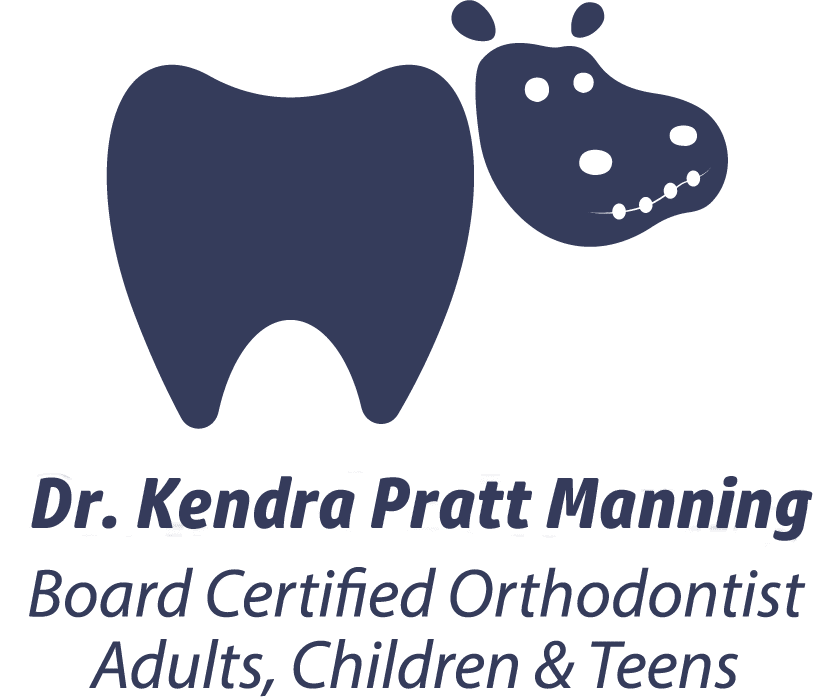
TMJ Pain and How to Treat It
You use your temporomandibular joints (TMJ) more than you realize when chewing or talking. These are the joints that connect the jawbone to the skull, cushioned by soft cartilage. They are located on the side of the head, just in front of the ears.
Sometimes jaw function gets disrupted, making it difficult to chew, talk, and swallow. This is a condition known as temporomandibular disorder (sometimes also referred to as TMD). Several treatments exist for TMD disorder, depending on the severity of the condition. Below, we delve deeper into what TMD is, how to identify it, and the steps you should take to treat it.
What is Temporomandibular Disorder?
Temporomandibular disorder occurs when the muscles and ligaments around the joint become inflamed, shortened, or damaged. The most common causes of TMD include:
- Joint dislocation of the jaw
- TMJ arthritis
- Trauma or damage to the tissue surrounding the jaw
- Bruxism, jaw clenching, and teeth grinding
- Deepbites (overbite)
- Stress
- Overuse of the jaw muscles like chewing too much gum
TMD can be diagnosed by your dentist and can often be treated with orthodontics by an orthodontist. An orthodontist will examine the range of motion in your jaw and identify areas of pain and discomfort. X-rays, MRIs, and CBCT scans may provide a visual reference to the jaw and surrounding tissue.
Types of TMJ Pain
Many people who suffer from TMD experience clicking, popping, and grinding of the affected jaw joint without pain. However, if you experience pain, it’s important that you get treatment. The types of pain that often accompany TMD include:
- Consistent jaw pain and tenderness.
- Temporomandibular joint pain on one or both sides.
- Ear pain on the affected side.
- Increased pain when chewing.
- Pain that radiates throughout the face.
- Locking or loss of range of motion in the jaw.
- Headaches.
- Shoulder and neck pain.
Treatment Solutions – at Home
If you have a mild case of TMD with little or no pain, consider opting for home treatment. There are plenty of strategies and exercises that can improve jaw mobility and reduce pain. Here are some that we suggest:
- Apply cold compression or heat to the affected area.
- Strengthen the jaw muscles to stabilize the joint.
- Stretch the jaw from side to side to reduce tension.
- Use a nightguard to prevent teeth grinding while sleeping.
- Reduce stress.
- Improve your overall posture.
- Avoid very hard foods that may worsen your condition.
- Avoid chewing gum.
- Use over-the-counter pain medication.
Treatment Solutions – Professional Support
Is your TMJ pain getting worse or not making any improvement with home treatment? Are you having difficulties opening and closing your jaw? If so, then it may be time to get professional treatment.
Professional support and treatment for TMD typically include:
- ORTHODONTICS: If your orthodontist detects a deepbite, crossbite, openbite, or other form of malocclusion, some or most TMD pain can be alleviated by correcting your bite (occlusion) with braces or clear aligners.
- Pain and anti-inflammatory medication: If over-the-counter pain relievers fail to treat TMJ disorder symptoms, a stronger prescription medication may be necessary.
- Nightguard/Splint Therapy: If your dentist or orthodontist feels nighttime activities like clenching or grinding are the main cause of your TMD, sleeping in a nightuard is the best choice to eliminate most TMD pain.
- Muscle relaxers: Your physician or dentist may prescribe muscle relaxers to treat spasms that cause or contribute to TMJ disorder.
- Physical therapy: A physical therapist may work with you to improve the stability and range of motion in your jaw. Physical therapy strategies often include stretches, strength exercises, ice compression, and moist heat.
- Alternative treatment: The most common alternative treatment for TMJ disorder includes acupuncture, chiropractic care, and biofeedback. These methods may help manage mild or moderate TMJ cases or provide a basis for post-surgical recovery.
Book a Free Consultation with an Orthodontist Today
Dr. Kendra Pratt Manning is committed to serving clients in greater Montgomery and Woodlands, Texas. Dr. Pratt Manning specializes in a broad range of treatments, including orthodontics to treat TMD, early intervention, mouth guards, and habit appliances.
Contact us online to book your free consultation. You can also call our Montgomery office at (936) 596-1200 or our Woodlands office at (281) 367-0050.

